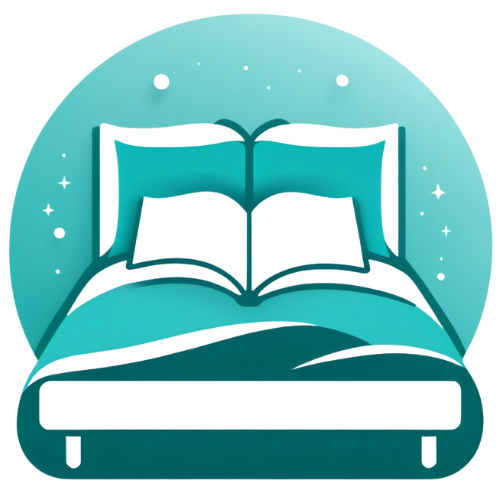I used to read SO MUCH. Reading was my primarily vehicle to escape. Books and book-filled places were my destination.
Why do I now struggle to make time to read as an adult?
As an adult I now have more freedom to choose what I do, when and for how long. So why do I find myself doing so many things I don’t want to do as much as reading, that I do not ENJOY as much as reading, and that don’t do me as much good as reading?
The reasons I don’t choose reading are many; I’m out of the habit (and other things – like playing games on my phone or just wasting time scrolling – ARE habitual), the desperate need to escape that I had as a child and young person is, fortunately, no longer present, and I am still ashamed to read as much as I want to (or even just for anyone to perceive me as someone with the “luxury” of time to read). I’ve been told since I was a kid I should choose *social* connections over solitary pursuits, so I feel guilty when I spend time with my nose in a book when I “should” be spending quality time with my wife, family, or friends; every page read and book finished and added on my Goodreads “Read” shelf feels like a quantified measurement of my badness as a human and failure as a supposed-loving-one.
With all of these hangups, how can I make reading a habit again? How can I again retreat into books as sanctuary? How can I make the transition easily once again, slipping from non-reading activities quickly into hyperfocused book-time?
If you want reading to be the destination you arrive at with bedtime, keeping a countdown to bedtime can help.
First you have to be sure and crystal-clear that reading is what you LONG to do — can’t wait to do — at the end of the day. You have a clear focus, and you anticipate it with delight throughout the day, looking forward to it.
Next you have to be clear about three numbers:
- what time you want to be asleep
- how many minutes or hours you want to spend reading
- how long it takes you to get ready for bed before you actually begin reading
In order to stick with this, you have to stop second-guessing your decision to make reading, bedtime, and sleeping in general top priorities. Bedtime has to be as non-negotiable as arriving at school or work on time, and valued as containing just as much vital nutrition as the meals you eat.
Once you’ve done that, keep a countdown running on your phone. Instead of looking at a clock and seeing what time it is now, you want to see how much time you have LEFT before bedtime. I like using the Sleeptown app.
Seeing how many hours and minutes you have left until bedtime gives you a sense of urgency about the other things you have to or want to do prior to bedtime. You become less likely to procrastinate when all of those tasks and activities are *secondary* to THE MAIN EVENT of bedtime, and reading in bed.
Studies show that anticipation (not dread, but anticipation) can add to feelings of happiness or well-being. When we focus on doing something we’re really looking forward to experiencing, it makes us feel hopeful; it’s easier to get through the work in between with a clear vision of something we’re curious about or we know we’ll enjoy.
So much of our busy adult lives is bogged down with overwhelming to-do lists that we have no hope of finishing in a lifetime, let alone before bed. We feel like we’ll never be finished. Shifting the focus to keep watch on arriving at our very important and excitedly-anticipated heading to our night-job, or dream-job, gives us hope and puts the day’s chores into a more manageable perspective. Why do we do all of these obligatory things during the day anyway? For a lot of us it is to be able to afford a roof over our heads, or to provide safe and loving shelter to our family. Safe bedtime is the top priority treasure we’re working for, so why don’t we enjoy it with mindful and delighted gratitude?
Keeping a countdown to bedtime is a way of infusing ourselves with a positive version of the childhood agony when we asked “how much longer til we get there?!?” where we have made a commitment to ourselves to meet our basic needs for rest and safety. We promise to tuck in our inner child with bedtime stories and whatever magical-feeling ambience delights our sweet precious sleepyhead, knowing this ritual will make for a more peaceful night and healthier, more-capable tomorrow.
